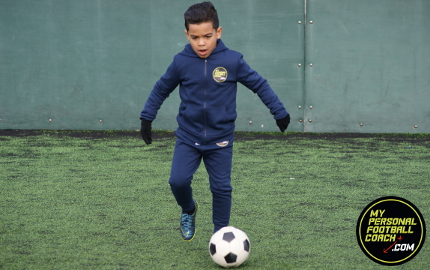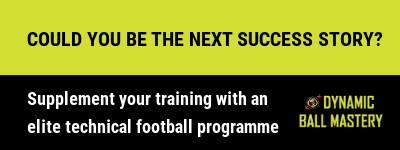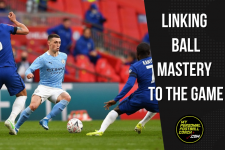Firstly it is important to recognize how important practice is. For any young aspiring performer whether it be in sport or music, practice doesn’t always make perfect but practice makes permanent. If you practice something the wrong way it is not going to make it right! Just as important is deliberate practice, practice that will actually improve you.
“Parents ask me; What’s the key to getting my son to shoot like yours?” Dell Curry said. “Repetition. You have to have confidence you can do it, and that only comes by putting in work, and then doing it when the game’s on the line.”
Kobe Bryant, another NBA basketball star, had his work out analysed which reportedly consisted of making 800 jump shots in a single session. Frank Lampard, Chelsea soccer legend and holder of 106 caps for England, is famous for his obsession with technical training, isolating both his right and left foot ball striking.
Repeat, Practice, Repeat, Practice?
NBA Basketball star Steph Curry practising 3 point shots repeatedly for the contest he eventually won.
Going back to the Australian study, one of the main findings was that children who had more extrinsic motives for learning made the least progress whilst those who identified intrinsic motivations progressed more quickly. This is a pivotal point and goes straight to the heart of the early specialisation debate. I’ve worked in an elite football environment for 10 years and I have seen many instances of players forced to undertake training by extrinsic forcers, mainly over bearing parents. I have also witnessed many players motivated by intrinsic forces, the desire to get better and a passion and love of practice. It is important as coaches that we identify this and come up with strategies to try and develop and promote an intrinsic love of soccer practice within players. In my role as Director of Coaching at PDA Football & MyPersonalFootballCoach.com and as a Premier League football academy coach, one thing I have noticed is that players who progress through the Academy system and into Pro football more often than not are willing to do that bit extra away from training.
Growth Mindset
Watch Carol Dweck talking about “The power of believing that you can improve”
We can also have a massive impact on their psychology and particularly their mindset. As the excellent work of Dweck has shown us, growth mindset is a key element in any individuals make up.
This works in practice by linking feedback for players to the process rather than the outcome. This has worked for me in the past in trying to motivate players to work on their weak foot away from training.
I often set homework challenges, be it juggle or skill combinations after which players are then encouraged to show the group in the following session only if they wish to. This works really well along with the ‘hardest worker bib’ award in training for the hardest working player in the session. Another strategy i use is in my team talks before, at half time and after the game where effort is always clearly outlined as the most important factor which I am looking for as a coach, both effort in terms of hard work and effort in relation to trying things and being inventive! Culture is important in any environment and as the time spent with players is increasing, it gives a great opportunity to instill this culture of hard work and practice.

An example of this was as my role as an individual technical coach where I received a call from an u18 player from a Cat 1 club. The player wanted to work on their shooting and during the session we discussed why he wanted to work on his shooting? He said that they only get to play games in training and he doesn’t get the opportunity to work on this area so he felt that he lacked confidence and quality with his shooting. As a result his shooting in his own words wasn’t good enough. Through analysis of his shooting technique in the session I noticed that he was using the inside foot to strike the ball. I suggested he try closing his foot a bit more to adjust the position of the foot when striking the ball. He then went on to practice this which had an immediate impact on the power and effectiveness of his shooting. His confidence had increased so I then told him to go away, develop, practice and experiment further. This subtle tweak in his technique did not stifle his creativity, on the contrary, this supported him in being more effective on the pitch and being able to be more creative resulting in an increased threat on goal. This is one of numerous examples and as coaches we must see when we are needed to step in, support and challenge players and when to step back and just let them play football.
Practice does make permanent, and as we strive to develop more world class footballers in this country and beyond it is important to remember the power and influence we have as coaches. We can and must support soccer players in not only being better technically and as decision makers but also give them the tools that will support them in later life and the pursuit of their dream.
Saul Isaksson-Hurst
Master the Ball…Master the Game





